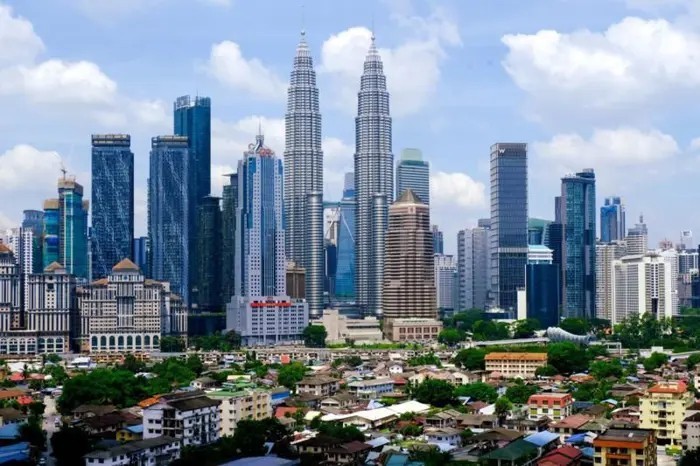
PETALING JAYA: Development expenditure is expected to remain a key pillar of the government’s strategy in the 13th Malaysia Plan (13MP), with allocations projected to hover around RM80bil annually over the next five years as Malaysia prioritises infrastructure, socio-economic development and domestic growth.
MBSB Research said the projected allocation would maintain the government’s contribution in supporting investment and business activities.
“We expect development may be maintained around RM80bil a year, maintaining the government’s contribution in supporting investment and business activities,” the brokerage noted.
Based on the Fiscal Responsibility Act (FRA) provision for a minimum of 3% of gross domestic product (GDP) for development expenditure, MBSB Research estimated the government would at least provide around RM73bil annually.
“This can be utilised to support multi-year infrastructure projects such as, among others, the mass rapid transit three and other railway projects (such as the East Coast Rail Link and Penang light rail transit), highway constructions and expansions (such as in Johor, Penang, Sabah and Sarawak), and airport expansions (such as in Miri),” it said.
The brokerage said the development expenditure allocations of RM80bil per year is estimated to contribute around 3.3% of GDP in the next five years.
“We argue against a strict tightening in government spending, while it is positive in improving the fiscal position, which would constrain the broader economic growth,” it said.
To balance fiscal discipline with growth objectives, MBSB Research expects greater participation from the private sector.
“We expect there will be continued adoption of public-private partnership (PPP) which can help to reduce the fiscal burden in driving domestic investment. In addition, national investment can be supported by greater investments by the private sector, be it from domestic and foreign companies,” it said, adding that attracting foreign direct investment remains crucial to securing Malaysia’s role in the global supply chain.
MBSB Research said it expects the government to reiterate in 13MP its commitment towards improving the overall fiscal space by reducing the fiscal deficit to minus 3% of GDP, which is another target set under the FRA2023.
“At this point, we estimate the decline in fiscal deficit towards minus 3.8% of GDP this year looks challenging given the uncertainties on the external front and renewed global trade tensions (triggered by the US tariff hikes).
“Nevertheless, there is a higher chance that the minus 3% GDP target can still be met within the next five years,” it said.
However, limiting debt growth remains a challenge. “The government recently announced that the outstanding government debts reached RM1.3 trillion as of June 2025 (end-2024: RM1.25 trillion), which we estimate will keep the government debt-to-GDP ratio around 65% of GDP this year (2024: 64.6%).
“This suggests the government needs to do more in lowering the ratio to not more than 60% of GDP in the medium term, adhering to the debt limit as set under the FRA2023,” MBSB Research said.
On growth, the brokerage projected the economy to expand between 4% and 5% annually in the next five years.
“We expect 13MP development plans will support more sustainable growth of above 4%,” it said.
The continued progress in infrastructure projects, a healthy labour market and government initiatives to address structural labour market issues are expected to sustain household spending and investment.
MBSB Research highlighted the growing role of private consumption, which now accounts for more than 60% of GDP compared with 45% in 2005-2006.
“While we expect it will be more demanding to keep Malaysia’s economic growth to be sustainably above 4%, successful implementation of the 13MP development plans, including catalysts such as the Johor-Singapore Special Economic Zone, could support growth at the upper end of our estimated growth target of 4% to 5% in 2026-2030,” it said.
The research house expects the 13MP to be framed around three dimensions: quality and sustainable living, high and equitable income and a sustainable environment.
“Greater confidence by enjoying higher income and improved livelihood will translate into increased domestic spending, especially when there is less concerns about the safety net even after retirement,” it said.
Source: https://www.thestar.com.my/business/business-news/2025/07/31/13mp-likely-to-prioritise-development-expenditure

